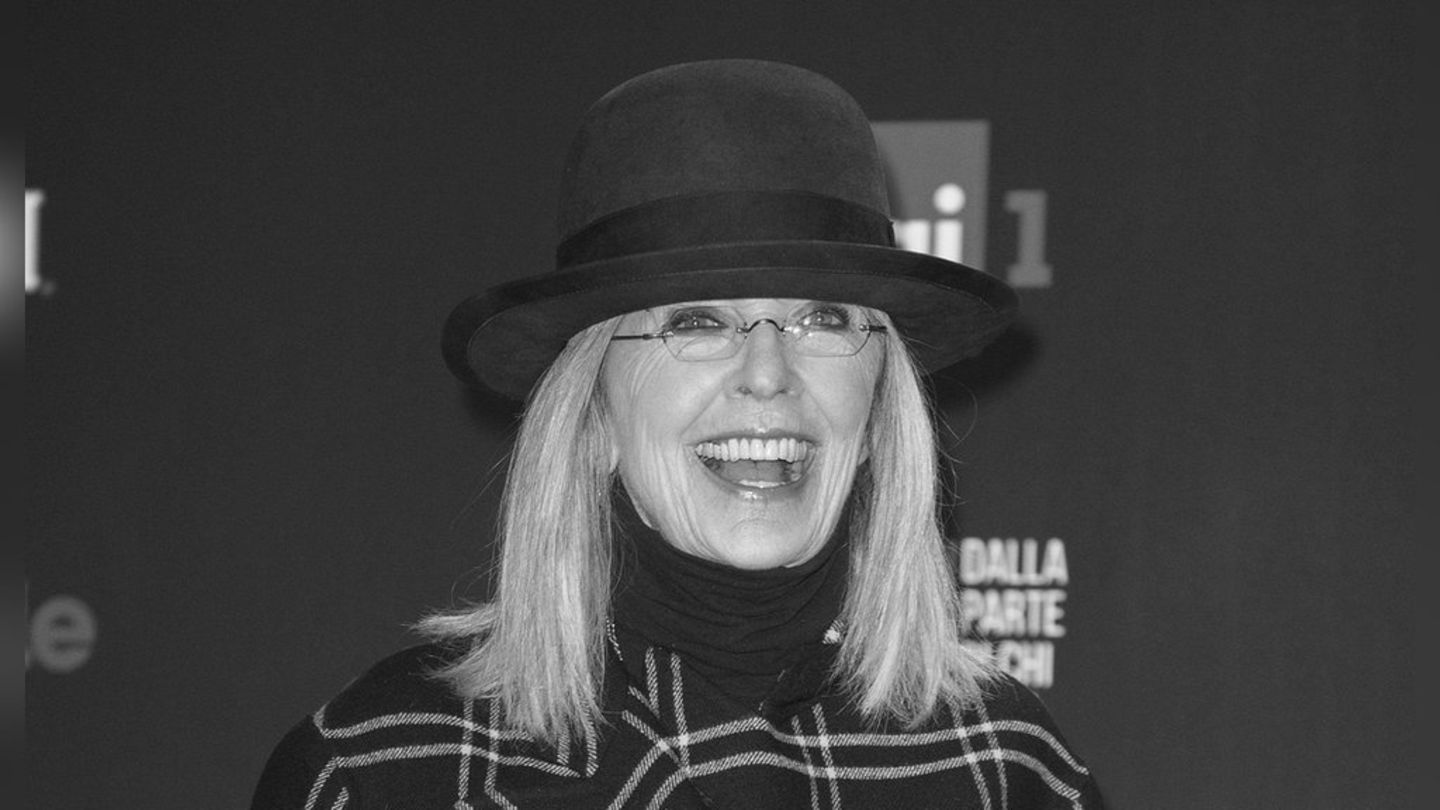“I officially declare that I am ready to sign a document in Sochi so that the representation of the Russian peacekeepers in Nagorno-Karabakh will take place without conditions for 10, 15, 20 years,” Pashinian said.
Kremlin spokesman Dmitri Peskov, however, considered it premature to talk of extending the peace contingent’s mandate before the trilateral meeting between the three leaders.
“We have to wait for the meeting,” Peskov told the Russian news agency Sputnik.
Pashinian and Aliyev met for the last time on October 6 in Prague, in a four-way format together with the President of the European Council, Charles Michel, and the French President, Emmanuel Macron.
There, it was agreed with Armenia to send this month a civil mission of the European Union (EU) to the border with Azerbaijan for a maximum of two weeks, with the aim of building trust between the two countries.
In mid-September, armed clashes were reported on various sections of the border between Armenia and Azerbaijan, leaving more than 200 dead and hundreds injured on both sides.
The new outbreak of hostilities, the largest in almost two years, occurred in the context of the dispute over Nagorno-Karabakh, a disputed territory since its separation from Azerbaijan in 1988, when the country was part of the former Soviet Union.
Armenia requested support from Russia, to which it is linked by a friendship, cooperation and reciprocal aid treaty, as well as from the Collective Security Treaty Organization, an alliance founded in 2002 that also includes Belarus, Kazakhstan, Kyrgyzstan and Tajikistan.
The fire on the Armenian-Azerbaijani border lasted 48 hours, but in the days that followed, both countries accused each other of violating the armistice on more than one occasion.
By agreement between the parties, Russia stationed a peace contingent in the area for an initial period of five years.
Nagorno-Karabakh is a region of approximately 4,400 square kilometers and is located in the South Caucasus, the space where three independent states and former Soviet republics coexist: Georgia, Azerbaijan and Armenia.
It has a population of 150,000 inhabitants and is part of Azerbaijan, but 80% of its population is Armenian of the Christian religion and the Azeris, Turkic-speaking Muslims, are its first minority.
Source: Ambito
David William is a talented author who has made a name for himself in the world of writing. He is a professional author who writes on a wide range of topics, from general interest to opinion news. David is currently working as a writer at 24 hours worlds where he brings his unique perspective and in-depth research to his articles, making them both informative and engaging.




